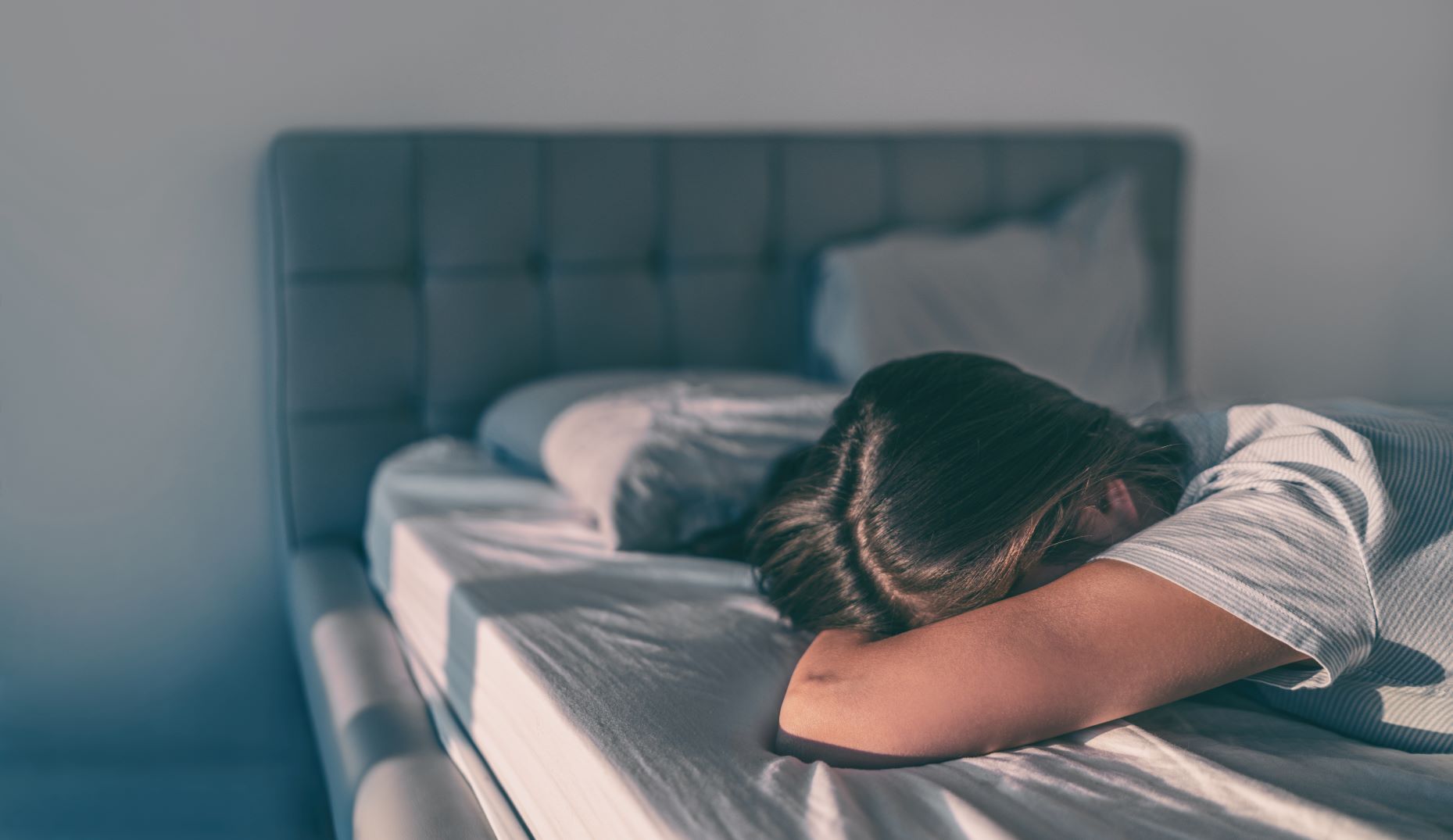More time at home and no social plans? Under normal circumstances, that might lead to some great, quality naps and long hours of refreshing sleep.
However, COVID-19 affected mental health, and many people found it affected their sleep quality, too.
The pandemic has indeed launched an unexpected attack on people’s mental wellness worldwide, leading to worry-related insomnia and general heightened anxiety.
The Pandemic and Sleep Problems
The Sleep Foundation has identified several ways in which COVID-19 has affected the sleeping patterns of U.S. adults. The following are four primary examples:
1. New Routines
Otherwise known as “non-routines.” For many people, the pandemic completely obliterated the standard patterns of life. It’s easy to lose a sense of time if there’s no regular wake-work-leisure-sleep cycle. It’s certainly more challenging to sleep in a home with low natural lighting levels, which disrupt the natural circadian rhythm. This lack of routine can lead to staying up late and sleeping in, contributing to that “leaden” feeling that comes with a less-than-ideal schedule.
2. Anxiety and Depression
Many experts have identified the country as being in a mental health crisis. The isolation of quarantine, the fear of getting—or giving—a potentially life-threatening illness, financial stress, and the increased consumption of alcohol and tobacco are all factors that have contributed significantly to increased feelings of anxiety and depression nationwide. In turn, sleep can become inconsistent or leave people feeling unrefreshed.
3. Work and Family Pressure
Starting in March of 2020, most families suddenly found themselves spending a lot of time together, with everyone eating, working, learning, and playing in a very confined area all day long. The stress was so great that many working mothers left the workforce to take over their children’s education, leading to more stress and less income. With no time to relax and the constant noise of Zoom calls and classes, slowing down the mind enough to sleep can seem like an elusive goal. This type of constant pressure and frustration leads to health problems like headaches, poor digestion, and chronic fatigue, making finding the motivation and inspiration to move forward incredibly difficult.
4. 12+ Hours of Screen Time
We all know the “blue light” of our technology disrupts circadian rhythms and thus our sleep. But the sudden lack of, well, everything due to the pandemic has led many American adults to pursue escape in the binge-watching lifestyle, leading to more sleep-destroying screen time—including right before bed.
Getting Better Sleep
The amount of sleep you get directly correlates with your mental well-being, productivity, and immunity. But with all the sleep-related problems that have popped up to destroy sleeping patterns in the past year, getting good rest can be difficult. Abiding by a set schedule that mimics your “normal” routine, eating healthy foods, staying active, and getting some sun in the backyard can make a world of difference. And, of course, if you’re struggling to adjust, talk to your doctor. They can assist you in finding the right balance for you and your body, so you can get the sleep you deserve.

